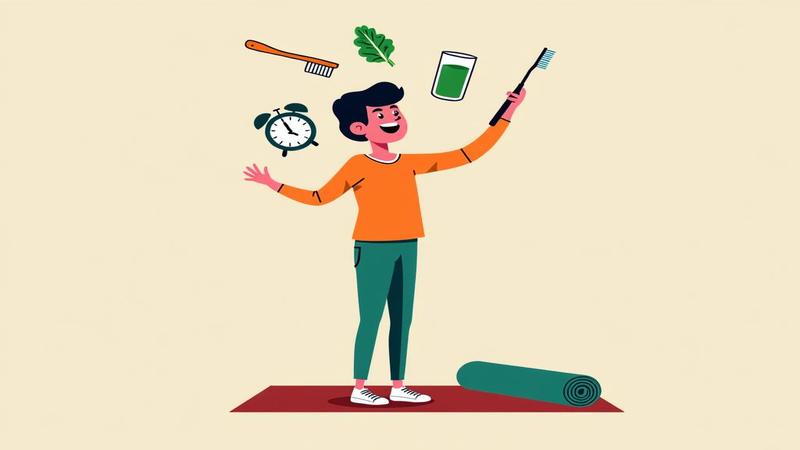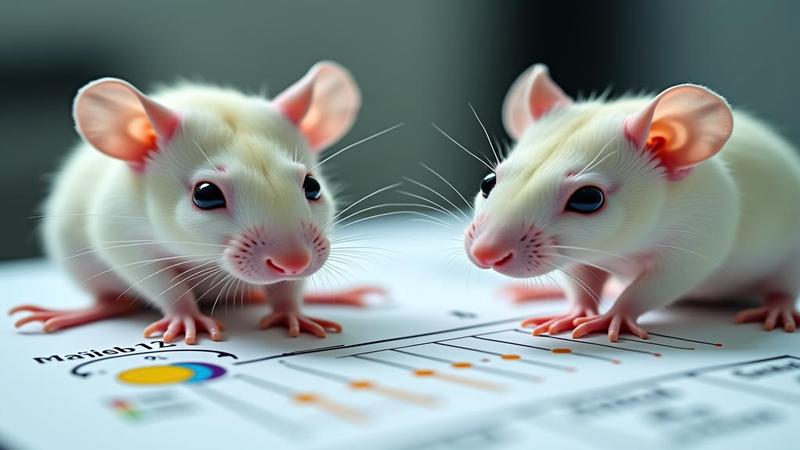Skip One Daily Ritual, Study Says Pancreas Files Hostile-Workplace Complaint

The nation awoke to a headline warning that skipping a mysterious daily habit could triple your risk of pancreatic cancer, which is a fun way to say, “Good morning, here’s a foghorn.” In response, households attempted every ritual simultaneously, creating a chorus line of flossing joggers brewing coffee in downward dog while whispering apologies to their abdomens.
As your evidence-first killjoy and reluctant hype ventilator, I read the paper so you don’t have to panic in a handstand. The authors reported a hazard ratio creepier than a clown in a lab coat and a confidence interval that looked like it needed therapy.
The habit at issue remains elegantly unnamed, possibly to improve compliance through existential dread. It could be breakfast, flossing, blinking, or simply remembering where your pancreas lives, which is somewhere behind the curtain marked “No Refunds.”
Methodologically, the study appears observational, which in science means “we watched, took notes, and tried not to sneeze on the data.” They adjusted for smoking, diet, age, exercise, and whether participants considered gravity a suggestion.
Naturally, the wellness economy reacted like a raccoon finding an unlocked dumpster. Influencers released twelve-step protocols, nine-step ladders to the higher self, and one-step stamps marked “SCIENCE-ISH” applied to anything that didn’t run away.
One guru swore that her UV-sterilizing electric tongue scraper keeps the pancreas “vibes-only,” which is definitely something a pancreas has never said. Another recommended chanting “endocrine serenity” into a blender until your smoothie achieves moral superiority.

The paper’s most repeated action verb is “may,” appearing so often it qualified for a grant. Relative risk tripled, yes, but your absolute risk moved from “tiny number” to “three tiny numbers in a trench coat,” while your anxiety vaulted to the moon and started a kombucha stand.
Policymakers proposed the Pancreas Protection Act, featuring mandatory warning labels on snooze buttons and a federal hotline for citizens who accidentally skipped a feeling. Product developers answered with kitchen timers that shout, “HAVE YOU CONSIDERED YOUR SECRET HABIT?” in nurturing tones.
Apps upgraded their push notifications to “push your conscience,” and your Bluetooth habit-tracking coffee mug now buzzes if you seem insufficiently ritualistic. It also posts a haiku about compliance to your group chat, which is how you lose friends in one easy step.
So what is the habit, precisely? The team won’t say, citing peer review, embargoes, and the ancient academic code of “hype first, details after lunch.”
Here’s the boring part no algorithm likes: correlation isn’t causation, the pancreas is not a dog you can train with treats, and the basics still hold up like duct tape on a reality show. Don’t smoke, move your limbs, eat foods that look like they remember sunlight, know your family history, see clinicians instead of psychics, and accept that science revises because that’s its job, not a scandal.
Until the sequel drops and reveals the habit is “remembering to breathe but with panache,” I will continue my own daily routine: reading studies before sprinting into a panic. Skipping that would triple my risk of getting played by headlines—which, coincidentally, is the one risk already at infinity.
